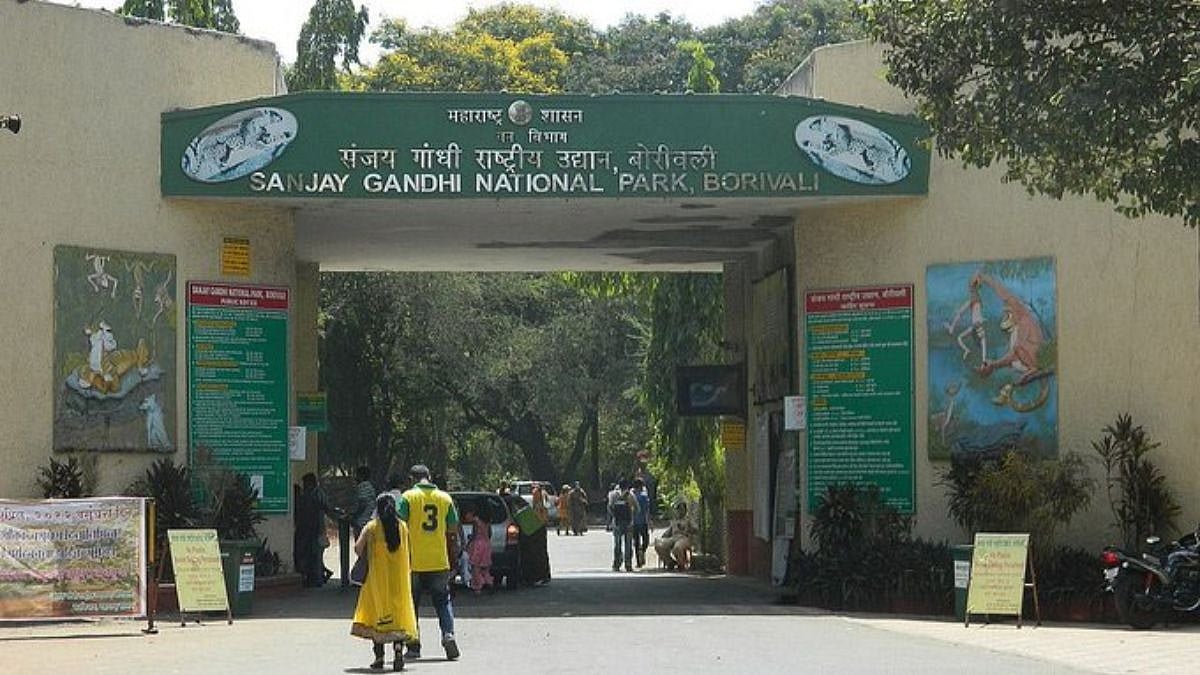India's Minister for Road Transport & Highways Nitin Gadkari is a person I admire for his huge contributions to improving and augmenting road communications in Maharashtra and India. But his statement in Nagpur in August this year that bureaucrats must always say "Yes, Minister" to every order of the minister made me do a double take. It revived memories of the BBC Yes Minister series, which I viewed four decades ago shortly after joining the civil service. Doordarshan followed suit two decades later with the "Ji Mantriji" serial, adapted from the Yes Minister series. In these serials, the minister is effectively house trained by the civil service.
Now, although I am a former member of the often-criticised IAS, I hold no brief for the civil servant who obstructs sensible policy implementation mainly to preserve her/his turf. This has led to an unfortunate perception in the public mind that the civil service is lazy, conservative and opposed to reforms. At the same time, we would do well to keep in mind that ministers often come to power without knowledge of the processes and procedures of administration. This is even more so in the last two decades: in the first half-century of political administration in independent India, a fairly large number of politicians, in both the centre and the states, had come up from the grassroots and had reasonably detailed understanding of how the government worked.
Ministerial desires fall in two categories. Category 1 cases are those where the minister wishes to implement pre-poll promises made by her/his party to woo the electorate (minister here can include the PM/CM and the Council of Ministers). The bureaucrat's role here is to work out the nuts and bolts of the programme, point out the possible difficulties in implementation and, most crucially, assess the financial implications, given the competing budget priorities of different departments. The bureaucracy can offer its dissenting opinion on the proposed policy, but once this policy has been approved at the highest political level, it is her/his responsibility to give effect to the policy.
It is the Category 2 cases that can land a bureaucrat in the soup. These include allotment of land, award of contracts and providing jobs to those recommended by the minister's supporters. Such cases can be particularly dangerous when elections are around the corner, since favours have to be dispensed quickly to gain access to funds. Based on my thirty years as an insider in the system, I have worked out the possible stratagems for the bureaucrat to wriggle out of this ministerial chakravyuha:
The K. Kamaraj/G.K. Moopanar approach: Kamaraj had this magic word 'parkalam' in his repertoire. This Tamil word can be translated in English as 'Let us see'. By the time I was old enough to follow politics, Kamaraj was a distant memory. However, I have heard Moopanar use the English equivalent on numerous occasions. In Maharashtra, we employed the Marathi equivalent 'baghto'. This is a time-honoured tactic to buy time and engage with the minister in a battle of attrition.
The "locating the file" excuse: The bureaucrat informs the minister that the file is not immediately traceable but that all efforts are being made to unearth its whereabouts. Not too great an excuse, this can lead to a volley of abuses and a threat of transfer, still definitely preferable to a future suspension from service.
Sending the file into orbit: This mechanism is specially recommended when there is a time limit for decision-making. It can be used to great profit on the last couple of days of the financial year or just before the Model Code of Conduct for elections kicks in. Select the most obstinate of your colleagues in other departments, justify why the file needs to be referred to their department and dispatch the missile (sorry, file) in that direction. Once April the first dawns or the election process starts, the beleaguered bureaucrat can heave a deep sigh of relief.
Making the file and yourself scarce: Lock the file in a steel almirah in some corner of the office and ensure that you and your co-workers leave the office for the day. This trick works best near closing time and I can testify to its utility, particularly if you stay 30 km away and keep your mobile shut.
But whether the case falls in Category 1 or 2, the cautious civil servant is well advised to adopt certain precautions to stay out of Tihar or Arthur Road jails in her/his advanced years:
Dodge discretionary cases: Even if the time-honoured practice in government is to go by past precedents, stay away from decisions that lack transparency and a rational basis. Job appointments and selection of institutions for government grants are best done through competitive examinations and laid-down guidelines respectively, where subsequent audits can show a clear pattern of decision-making free of fear or favour.
Record on file and keep copies: If you don't want some decision you signed off on 15 years earlier coming back to haunt you in your retirement years, ensure you put your views on file and keep copies of crucial pages (never rule out subsequent alterations or missing files).
You are known by the company you keep/kept: Your political bosses in the departments you headed can determine your future unease. Bureaucrats have gone through the wringer even in Category 1 cases (think coal, spectrum, etc), where they merely executed extant government policy. Totally unconscionable are those instances where the bureaucrat plays along with the decisions of her/his political boss or (what is worse) willingly participates in a division of the spoils, whether in terms of wealth or power. There are enough news headlines today pointing out the many consequences of such collusion.
In the ultimate analysis, a smart bureaucrat ought to combine the characteristics of an experienced sanitary inspector and an uncanny bomb expert to know which file/decision stinks and which is a ticking time bomb. Negotiating one's way safely through these sewage traps and minefields will ensure a comfortable home and hearth in her/his later years.
The writer is a retired IAS officer of the Maharashtra cadre









